The temple grounds resound with the laughter of children.
Early in the June mornings, before the first rays of sunlight have even pierced through the shady palm trees, the courtyard of Som Rong Pagoda is already bustling with the footsteps of young students. Groups of students, clutching their books and chatting excitedly, eagerly head into the special classroom—the summer Khmer language class organized by the pagoda.
This year's class welcomes approximately 150 children, from grades 1 to 5. Regardless of their family background or initial level, all the children are welcomed with warmth and enthusiasm by the monks. In the spacious, cool room under the ancient temple roof, the desks and chairs are neatly arranged, and the blackboard stands at the head of the class, its graceful Khmer script appearing vividly like traditional motifs.
A literacy class for children at a Khmer temple during the summer. |
The person who has been dedicated to the class for many years is Deputy Abbot Lam Binh Thanh, a kind and devoted monk. For over 10 years, he has consistently prepared lesson plans and lectures meticulously. He not only teaches literacy but also imparts moral values, history, and the cultural traditions of the Khmer people to the young students. "What I hope for most is not just that the children learn to read and write Khmer, but that each letter becomes a thread that preserves the cultural identity of our people," Deputy Abbot Lam Binh Thanh shared.
In the classroom, the teacher's voice blended with the students' murmuring reading, creating a lively yet warm atmosphere. Some students were unfamiliar with the alphabet, while others could read fluently, but all were diligent and enthusiastic. Son Quanh Tha, attending the class for the first time, innocently said: "On the first day, I was very worried because I didn't know how to write or read Khmer. But the teacher patiently held my hand and helped me write each stroke. Now I know the consonants and vowels. I really enjoy learning and will try my best to study hard so I can get high marks in the final exam."
Writing - a bridge between cultures
Can Tho today and Soc Trang in the past were areas with a large Khmer population, where the Khmer language and script were not only a means of communication but also the soul of the culture. Therefore, organizing Khmer language classes in temples during the summer has become a long-standing tradition. This is not only an educational activity but also a journey of preserving the cultural heritage of the entire community.
Not only Som Rong Pagoda, but many other Khmer pagodas in the area, such as Serey Pothi Dom Po Pagoda, Mahatup Pagoda, Sala Pothi Serey Sakor Pagoda, etc., also organize free Khmer language classes during the summer. Depending on the conditions of each place, the class size may vary, but the common point is the enthusiasm and dedication of the monks in teaching the Khmer language. What is particularly valuable is that the classes are free of charge and also provide books, stationery, and light meals for the children. In these pagodas, the children not only learn to read and write but also learn to be good people, living in a peaceful environment close to moral principles and beautiful traditions.
Mr. Thach Chanh, the parent of a third-grade student at Som Rong Pagoda, emotionally shared: “Last summer, my child knew nothing about the Khmer language. After three months of studying at the pagoda, he can now read Khmer fairy tales aloud to his grandparents. My family is grateful to the monks for their dedicated teaching. Not only has he learned to read and write, but my child has also learned manners, patience, and pride in his ethnic group.”
Summer classes at temples also become a place for community bonding, providing a safe and healthy environment for young children. Instead of being glued to phones or pointless games, children are exposed to a unique cultural space, learning in a nurturing and loving environment. This is an education that combines both intellect and heart.
However, behind that bustling atmosphere lie deep concerns. Many children, born into Khmer families, no longer know how to speak or write Khmer. The encroachment of modern lifestyles is causing a portion of the youth to gradually distance themselves from their cultural roots. "Without timely attention, in just a few generations, we may not have anyone left who can use the Khmer language," Deputy Headmaster Lam Binh Thanh said slowly, his voice somber.
Therefore, for the teacher and other monks, maintaining the classes is not only a responsibility but also a heartfelt aspiration. It is how they keep the flame of culture burning brightly in the hearts of the younger generation. The support of the temple, families, the education sector, and local authorities is the foundation for the existence and development of these classes. Many Khmer teachers within the formal education system are also mobilized to provide assistance, creating a strong connection between tradition and modernity.
As evening falls, the sound of recitation continues to echo in the courtyard of Som Rong Pagoda. Khmer letters appear regularly, each stroke firm and precise, like a rhythm connecting different cultures. The summer Khmer literacy class is not only a place to impart knowledge but also a place to nurture national pride, so that the children of today and tomorrow will never forget their roots.
According to the People's Army
Source: https://baoangiang.com.vn/ron-rang-lop-hoc-chu-khmer-ngay-he-a423559.html


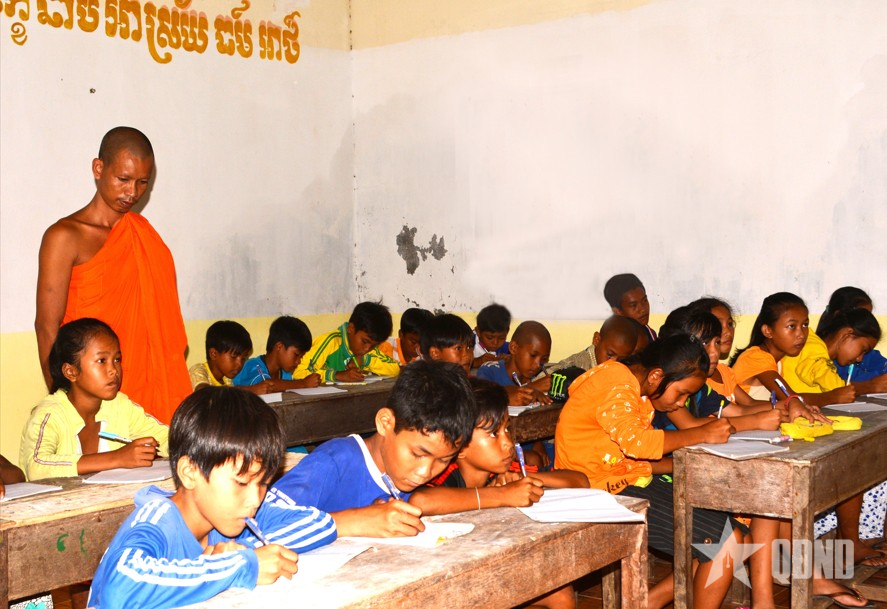






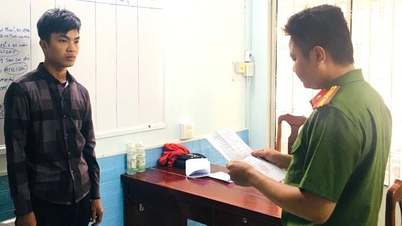
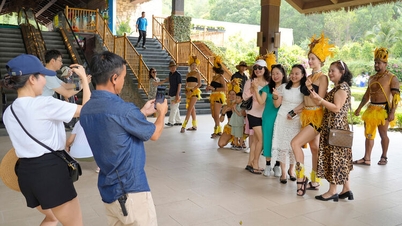
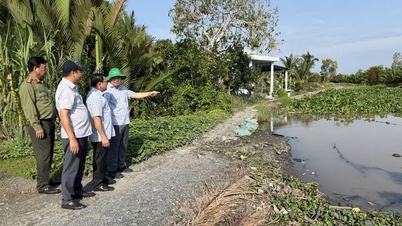
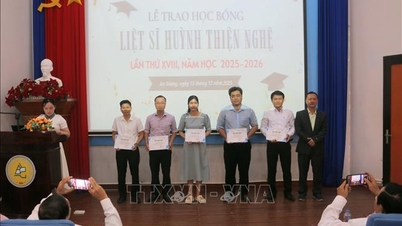

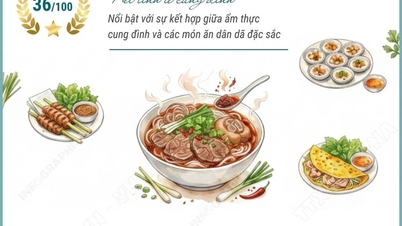
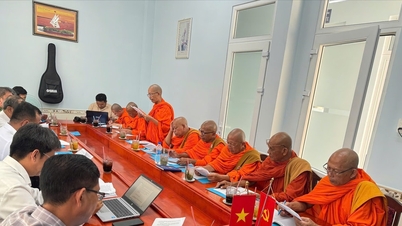

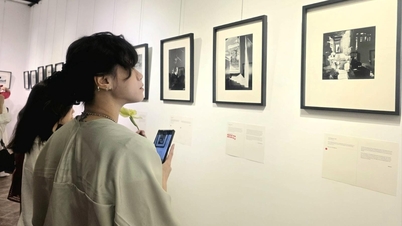

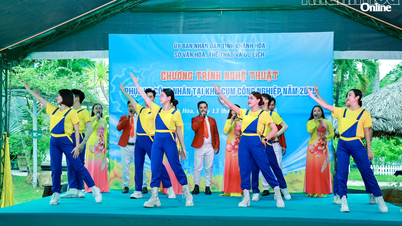

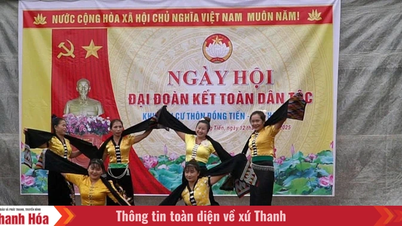

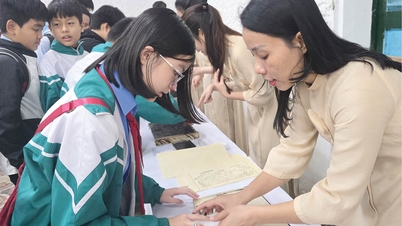

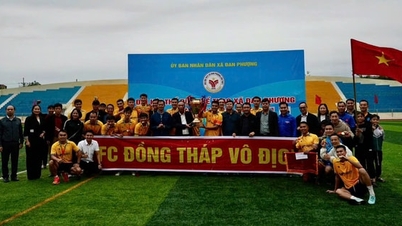

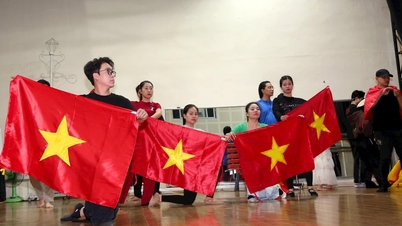




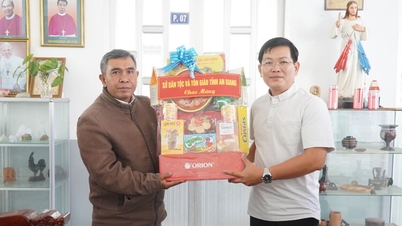
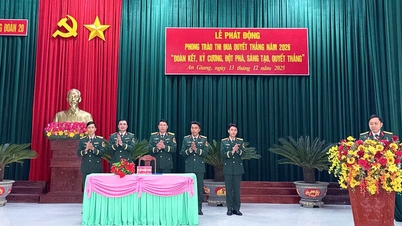













































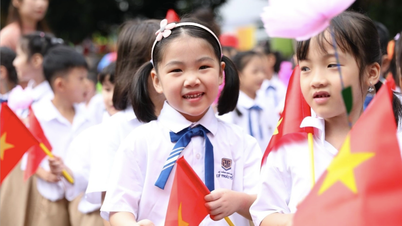





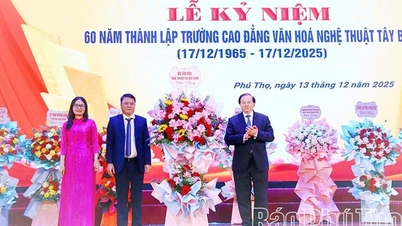





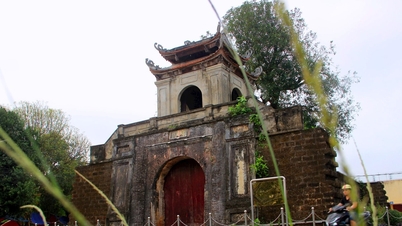

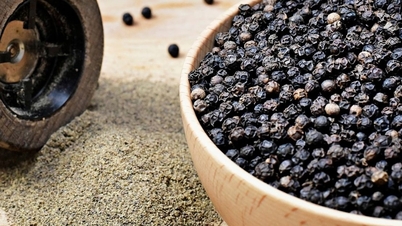
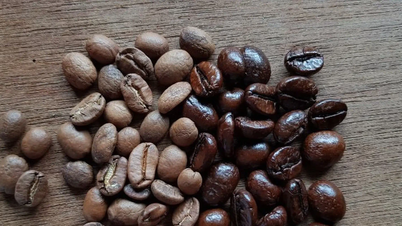
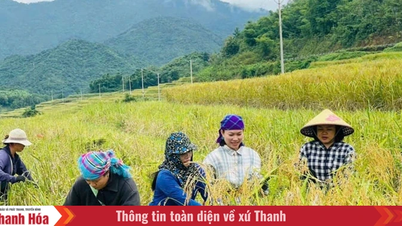
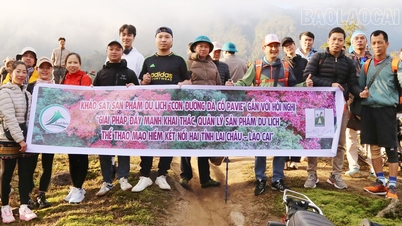











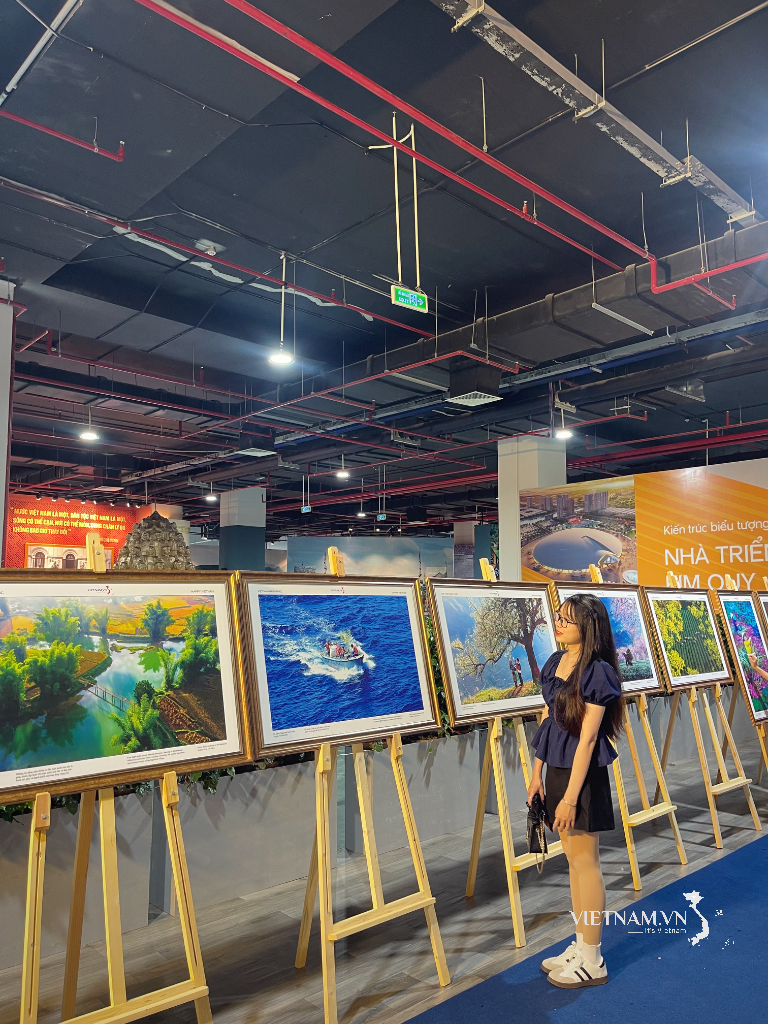


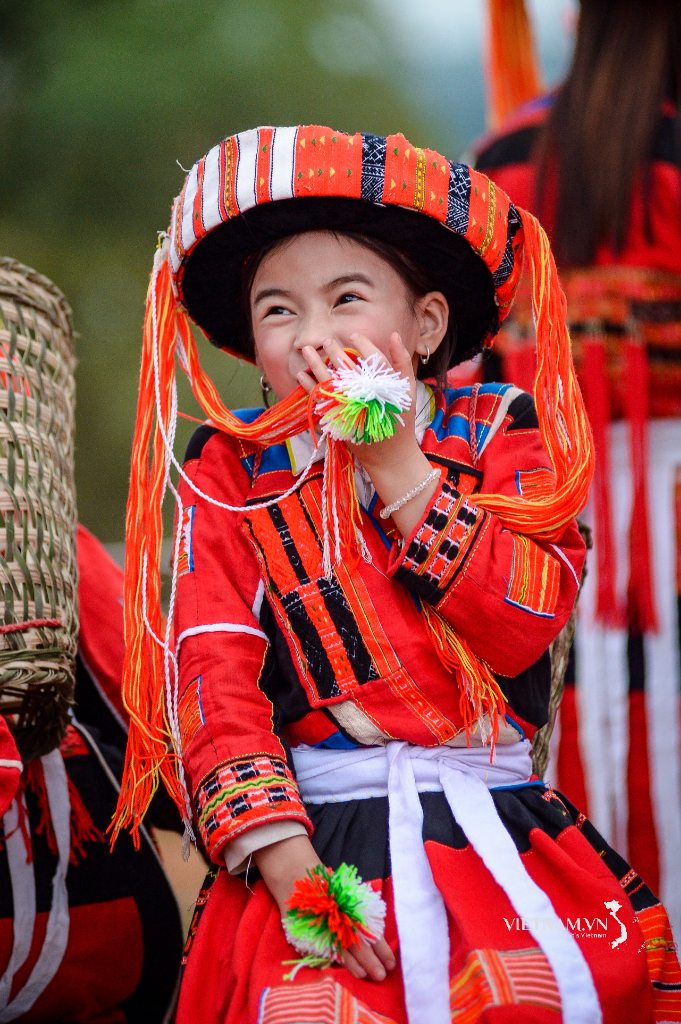
Comment (0)